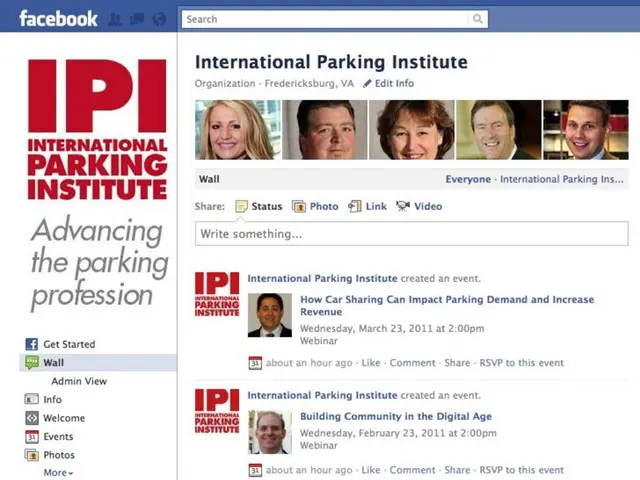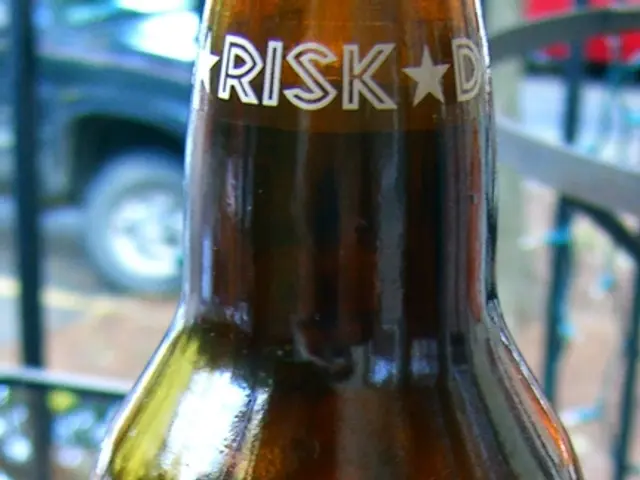Researcher from Harvard accused of illicitly transporting frog embryos allegedly subjected to illegal detention by ICE.
Russian-born Scientist Kseniia Petrova, a Researcher at Harvard University, Released from Custody amid Smuggling Charges
A federal judge in Vermont released Kseniia Petrova, a 30-year-old Russian scientist, from immigration custody on Wednesday. She is facing a criminal charge of smuggling frog embryos into the United States.
Petrova was questioned at a U.S. Customs and Border Protection checkpoint in Boston Logan International Airport in February. She admitted to possessing samples obtained from a lab in France, specializing in splicing superfine sections of frog embryos for research purposes. Petrova insisted that she didn't realize the items needed to be declared and wasn't attempting to sneak anything into the country.
Following the interrogation, Petrova's visa was revoked, and she was detained by immigration officials. She filed a petition in Vermont seeking her release, arguing that her detention was unlawful and that she posed no danger to the community or a flight risk.
Testimonies from Petrova's colleagues and academics emphasized the importance and value of her research to advance cures for cancer. One scientist and entrepreneur in the biotech industry, Michael West, testified that Petrova's medical research skills are highly sought-after and that he himself would hire her "in a heartbeat."
As of now, Petrova is in the custody of the U.S. Marshals Service in Louisiana. She is scheduled to be brought to Massachusetts as early as Friday in preparation for a bail hearing next week on the smuggling charge, according to her lawyers.
In a statement, Petrova's attorney, Gregory Romanovsky, expressed satisfaction with the opportunity to present evidence supporting Petrova's innocence. He stated, "We demonstrated that Kseniia is neither a danger to the community nor a flight risk, and does not belong in immigration detention."
The U.S. Department of Homeland Security had initially stated that Petrova was detained for lying to federal officers about carrying substances into the country. However, Petrova's lawyers argued that officials had no legal basis for canceling her visa and detaining her.
The charges against Petrova carry a potential sentence of up to 20 years in prison and a fine of up to $250,000 if convicted. The implications of her case extend beyond the smuggling charges, highlighting the challenges faced by scientists in navigating international regulations. The scientific community is closely following the case, with some expressing concern about its potential impact on international research collaborations.
Harvard University has commented that it continues to monitor the situation. As Petrova awaits her next court hearing, it remains to be seen whether her groundbreaking research in cancer advances will be affected by the ongoing legal proceedings.
- Kseniia Petrova, the researcher at Harvard University who was recently released from custody amid smuggling charges, is surrounded by controversy in the scientific community due to her groundbreaking research in cancer.
- With the ongoing legal proceedings against Kseniia Petrova, concerns about its potential impact on international research collaborations have arisen among members of the scientific community.
- Despite the charges against her, testimonies from Petrova's colleagues and academics have emphasized the importance and value of her research in the field of health and wellness, particularly in advancing cures for cancer.
- As the weather turns and general news stories shift focus, the case of Ksenia Petrova, the Russian-born scientist who was detained for allegedly smuggling frog embryos into the United States, continues to be a topic of discussion in the world of politics and government, intertwining elements of science and medical-conditions with crime and justice.







